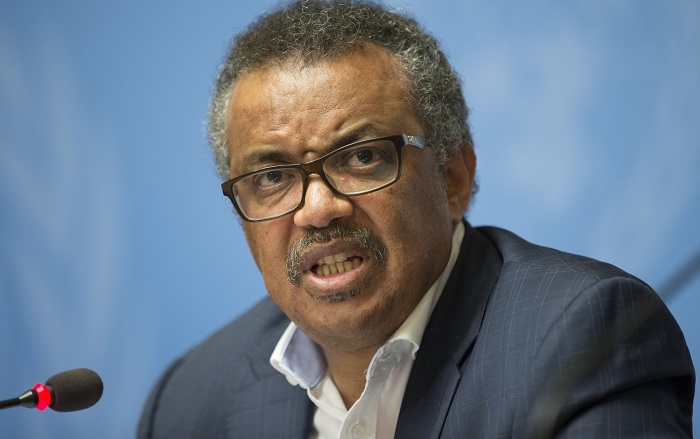Geneva, The World Health Organization (WHO) called for a strong international governance framework on developing global standards for governance and oversight of human genome editing.
After a two-day meeting in Geneva, the WHO’s new advisory committee on human genome editing on Tuesday reviewed the current state of science and technology in this field, and agreed on core principles of transparency, inclusivity and responsibility.
It’s irresponsible at this time for anyone to proceed with clinical applications of human germline genome editing, according to the committee, reported Xinhua news agency.
It also urged a central registry on human genome editing research in order to create an open and transparent database of ongoing work, and had asked the WHO to immediately begin working to establish such a registry.
“Gene editing holds incredible promise for health, but it also poses some risks, both ethically and medically,” said WHO Director-General Tedros Adhanom Ghebreyesus, adding that the WHO is “bringing together some of the world’s leading experts to provide guidance on this complex issue.”
Meanwhile, the WHO committee had invited all those conducting human genome editing research to open discussions with the committee in order to better understand the technical environment and current governance arrangements, and help ensure that their work meets current scientific and ethical best practice.
“The committee will develop essential tools and guidance for all those working on this new technology to ensure maximum benefit and minimal risk to human health,” said WHO Chief Scientist Soumya Swaminathan.
For the next two years, the WHO committee is expected to hold a series of in-person meetings and online consultations with a wide range of stakeholders, with an aim to provide recommendations for a comprehensive governance framework on human genome editing.
Such a framework should be scalable, sustainable and appropriate for use at the international, regional, national and local levels, the WHO said.









